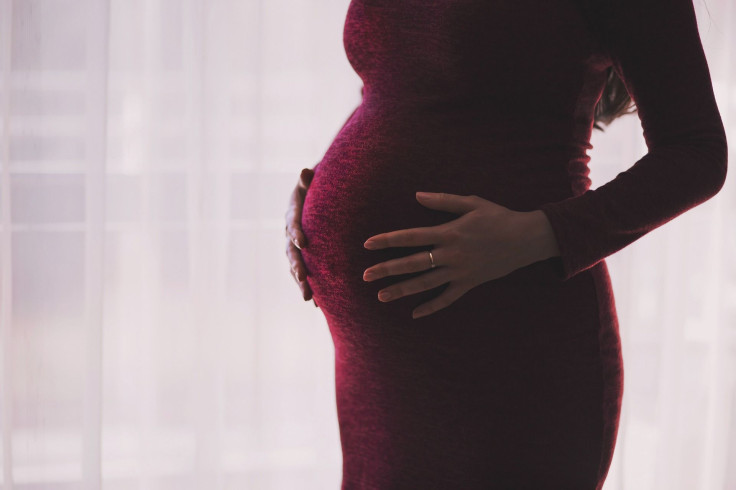Human Embryos Vulnerable To Novel Coronavirus From Second Week Of Pregnancy: Study
KEY POINTS
- A new study says embryos are susceptible to SARS-CoV-2
- Genes that encode for proteins that enable expression of COVID-19 was found in early stages of embryos
- The novel coronavirus could affect the ability of the embryo to implant into the mother's womb
Genes that are believed to play a key role in how the novel coronavirus infects the human body have been found to be active in embryos as early as the second week of pregnancy, reported new research. This could imply that embryos are vulnerable to COVID-19, which could affect fetal health if the mother gets infected.
The SARS-CoV-2 not only causes respiratory diseases but also affects several organs in the body. Underlying health diseases, advanced age and obesity are risk factors for complications but it is still a mystery if the disease impacts fetal health and successful pregnancy among mothers who tested positive.
The experts at the University of Cambridge and the California Institute of Technology used new technology to culture human embryos through the stage they normally implant inside the womb to look at the activity of key genes present in the embryo.
They found patterns of expression of ACE2 genes that enable binding of the coronavirus’ spike protein and TMPRSS2 gene which codes for a molecule that cleaves the viral spike protein as well as the ACE2 receptor, allowing infection to happen.
"Genes encoding proteins that make cells susceptible to infection by this novel coronavirus become expressed very early on in the embryo’s development. COVID-19 could affect the ability of the embryo to properly implant into the womb or could have implications for future fetal health," the study’s co-author Professor David Glover told the University of Cambridge.
The researchers found these two genes were expressed during key stages of the embryo’s development and in certain parts of the embryo that develop into tissues that interact with the maternal blood supply for the exchange of nutrients.
"To know whether this really could happen, it now becomes very important to know whether the ACE2 and TMPRSS2 proteins are made and become correctly positioned at cell surfaces. If these next steps are also taking place, it is possible that the virus could be transmitted from the mother and infect the embryo’s cells," the study’s author Professor Magdalena Zernicka-Goetz told the University of Cambridge.
The researchers opine that further research is required using stem cell models and animal models to understand the risk better. However, they believe their findings are important for women planning to start a family to try and reduce their risk of COVID-19.

© Copyright IBTimes 2024. All rights reserved.





















